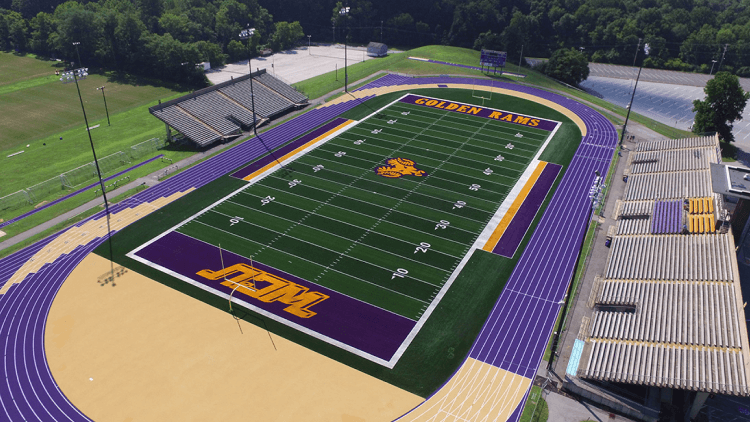




In 1972 Lincoln University formally associated with the Commonwealth of Pennsylvania as a state-related institution. True coeducation was slow to arrive, however, and women still constituted only 5% of the student body as late as 1964. The university marked its 100th anniversary by amending its charter in 1953 to permit the granting of degrees to women. Barnes was essential in ensuring the university's role in the management of his art collection.įrom 1854 to 1954, Lincoln University graduates accounted for 20% of African American physicians and over 10% of African American lawyers in the United States. His relationship with the collector Albert C. Board of Education, decided in 1954 by the US Supreme Court. During his 12-year tenure, he continued to do social science research, and helped support the important civil rights case of Brown v. Horace Mann Bond, an alumnus of Lincoln, was selected as the first African-American president of the university. The school newspaper noted Harding's visit as "the high water mark in the history of the institution." He spoke about the need to seek healing and harmony in that incident's aftermath, as well as to honor Lincoln alumni who were part of the 367,000 African American servicemen to fight in World War I. In June 1921, days after the Tulsa race massacre, President Warren Harding visited Lincoln to deliver the commencement address. As may be seen on the list of notable alumni (link below), many furthered their in careers in fields including academia, public service, and the arts. The college attracted highly talented students from numerous states, especially during the long decades of legal segregation in the South. In 1866, a year after the assassination of President Abraham Lincoln, Ashmun Institute was renamed Lincoln University. Each of the men became ordained ministers. (This was a project of the American Colonization Society). He encouraged some of his first students: James Ralston Amos (1826–1864), his brother Thomas Henry Amos (1825–1869), and Armistead Hutchinson Miller (1829/30-1865), to support the establishment of Liberia as a colony for African Americans. John Miller Dickey was the first president of the college. They founded the school for the education of African Americans, who had few opportunities for higher education. They named it after Jehudi Ashmun, a religious leader and social reformer. John Miller Dickey, a Presbyterian minister, and his wife, Sarah Emlen Cresson, a Quaker, founded Ashmun Institute, later named Lincoln University, in Hinsonville.


 0 kommentar(er)
0 kommentar(er)
